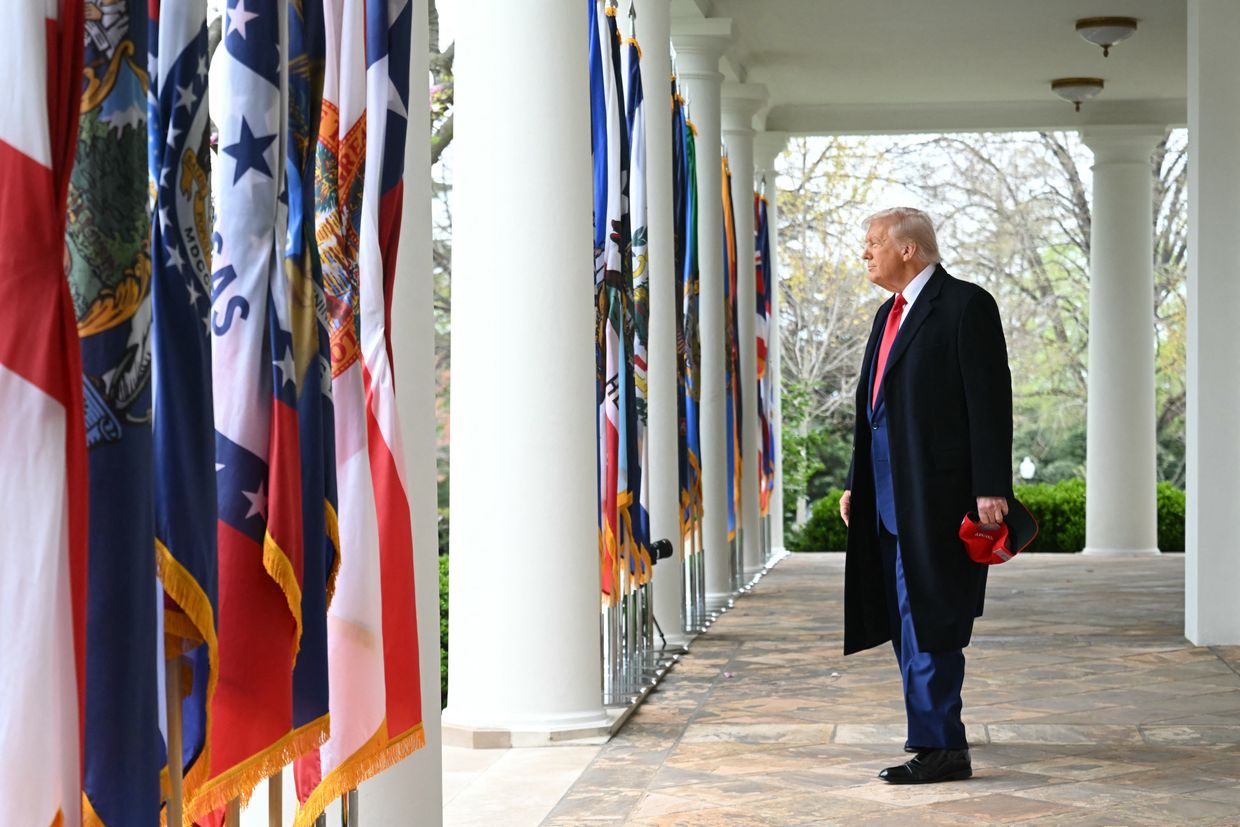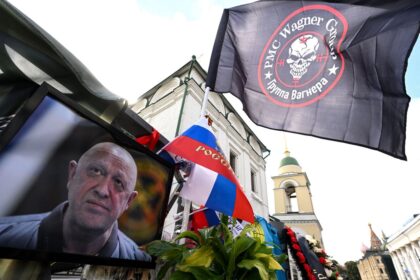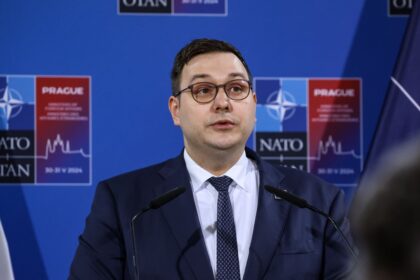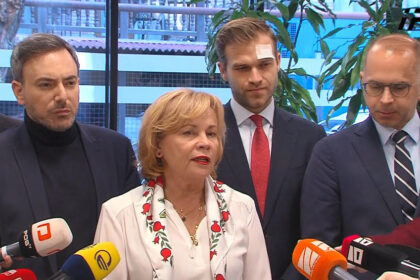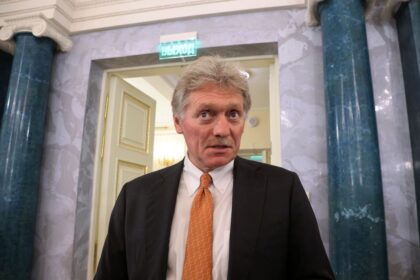**US and EU Part Ways on Russia Sanctions**
The United States and the European Union have stopped working together to enforce sanctions against Russia. This could make it harder for both sides to agree on a unified strategy to pressure Moscow.
According to an internal document from the German Foreign Ministry, there is no more cooperation between the US and EU on how to stop Russia from getting around the sanctions. The document was quoted in a report by the newspaper Suddeutsche Zeitung (SZ) on May 27.
David O’Sullivan, the EU’s chief on sanctions, has said that there is little contact between the two sides on this issue. He also mentioned that cooperation with the G7 group of countries on this matter has slowed down.
Earlier, German officials had said that the EU and US were working together to create a new set of sanctions against Russia. These sanctions are in response to Moscow’s rejection of proposals for a truce in Ukraine.
The US has been a key player in enforcing sanctions against Russia since the start of the full-scale war in Ukraine. The country has worked closely with the EU and G7 partners to cut off Russia’s supplies of military-use materials and curb its economic growth.
However, US President Donald Trump has been inconsistent in his approach to sanctions against Russia. While he has threatened additional economic measures to pressure Moscow into peace talks, he reportedly told European leaders that he would not impose any new sanctions after a phone call with Russian President Vladimir Putin.
More recently, the Wall Street Journal reported that Trump is considering imposing new sanctions on Russia. The US president is also reportedly thinking of pulling out of peace efforts unless progress is made.
The internal report cited by SZ says that the current trade restrictions against Russia have had a significant impact on the country’s economy and have been somewhat successful in stopping the flow of war-related goods via third-party countries.
The EU’s upcoming 18th sanctions package could include measures to disconnect more than 20 Russian banks from SWIFT, lower the G7 oil price cap on Russian crude exports from $60 to around $45 per barrel, ban the Nord Stream gas pipelines, and impose approximately 2.5 billion euros in new trade restrictions.
**What This Means**
The failure of US-EU cooperation on sanctions against Russia makes it uncertain whether both sides will agree on a unified strategy to pressure Moscow. The current trade restrictions have had some success in curtailing the flow of war-related goods via third-party countries and the activity of Russia’s “shadow fleet.”
However, without cooperation between the US and EU, these efforts may be hindered. This could lead to a weaker response from both sides against Russia’s actions in Ukraine.
Read More @ kyivindependent.com




